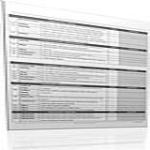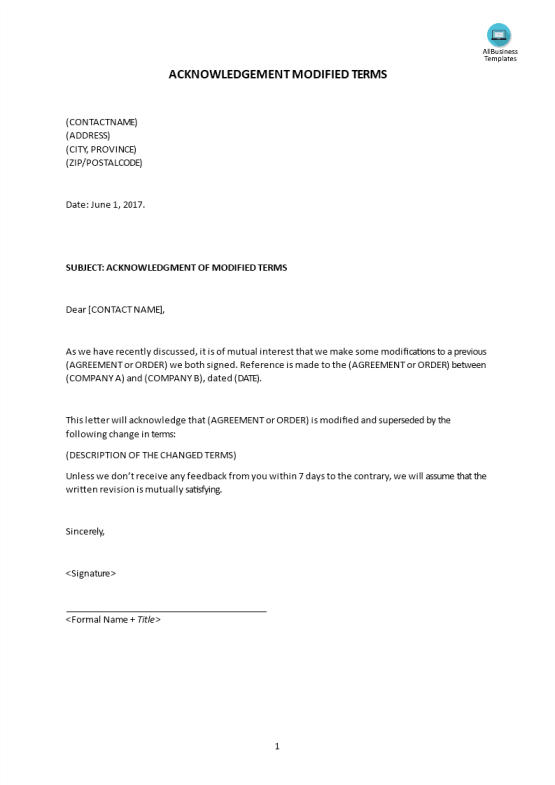Digital Storytelling Storyboard

I-Save, punan ang mga blanko, i-printa, Tapos na!
How to write a Digital Storytelling Story? Download this Digital Storytelling Storyboard template now!
Mga magagamit na premium na format ng file:
.pdf- Itong dokumento ay sertipikado ng isang Propesyonal
- 100% pwedeng i-customize
Business Negosyo Life Buhay Plot Ang plot storyboard story board Narrative Digital Page story outline sample free short story outlines romance short story outline outline story writing examples short story outline worksheet short story outline example how to right a short story how to write a short story short story composition short story form short story background complex short stories outlining your novel map dramatic structure narration comic template template ng comic comic strip template template ng komiks strip structure of a comic short comic template maikling komiks template comic template maker gumagawa ng comic template 3 panel comic template 3 panel ng comic template 4 panel comic template comic strip maker for students gumagawa ng komiks strip para sa mga mag-aaral 8 panel comic template 8 panel ng comic template blank comic book for kids blangkong comic book para sa mga bata blank comic book blangkong komiks comic sketch book awesome comic book kahanga-hangang comic book comic book blank blangko ang komiks making comics Comic Book Template Template ng Comic Book understan comics the invisible art comic book design disenyo ng komiks how to draw comics maker comics drawing shots shot template shot example shot form short list short list template
How to write a Digital Storytelling Story?
When you are writing a digital story, it's a good strategy to start planning its outline in advance. Although it can be a short story, and it might be looser in its structure and up for a lot of interpretation with loose ends, it's useful to follow a classic structure for guidance. Even if you're writing a more structureless digital story. This short story outline covers the most important topics that you are looking for and will help you to structure and communicate in a professional manner with those involved.
Digital Storytelling Storyboard Here you do a quick sketch of what will appear at this point in your digital story… you can also paste a graphic or photo here…do whatever works to remind you of what‘s going on … PROJECT NAME: AUTHOR: FRAME/EVENT DESCRIPTION MEDIA LIST Here you describe:
• what will appear on the screen (picture, clip, graphic or another kind of visual)
• what listeners will hear (music, narrative, sounds)
• your director’s comments about what you are trying to achieve and communicate…
Here you list the specifics of every piece of media you will need this will help you gather materials before beginning story construction it also serves as a “works cited list” for copyright purposes… • Music, songs, sounds, voice recordings
• Pictures, graphics, diagrams
• Video clip
• Text, titles, transitions
NARRATION: Here you write out or describe the narrative… NARRATION: PAGE: DATE: PROJECT NAME: AUTHOR: FRAME DESCRIPTION MEDIA LIST AND DESCRIPTION NARRATION: NARRATION: Digital Storytelling Storyboard 3 PAGE: DATE: PROJECT NAME: AUTHOR: FRAME DESCRIPTION NARRATION: MEDIA LIST: Digital Storytelling Storyboard
A storyboard doesn't have to be an elaborate work of art. Here is how to make one:
- Download and modify a Story template: Draw a series of rectangles on a piece of paper, as if you were creating a comic strip, and also leave room for notes or lines of the script under each rectangle.
- Add the script: under each rectangle, write the line of script or dialogue that corresponds to that scene.
- Sketch out an interesting story: indicate movement with an arrow of basic figures. A bad drawing is better than no drawing! Alternatively, you may use existing images and paste them into the story.
- title's meaning
- main characters
- protagonist
- antagonist
- conflict
- intensify conflict
- plot summary
Finally, don't be too cautious about your story
- Take some chances.
- Ok to draw quickly and sloppily in beginning, especially if you feel inspired and need to get your ideas down on paper.
- Go back and forth, work on your storyboards.
- Have fun with your storyboards, they're the perfect tool for letting your imagination work.
- Here are a few more storyboarding tips:
- Use rectangles that are the same aspect ratio as video, 16:9.
- Number each rectangle for easy reference in discussions.
- Bone up on the standard shot types used in the video before you start.
- Think in 3D. Make subjects/objects in the background smaller, so they appear further away.
- Cut up and recombine your storyboards to play with sequencing and narrative.
- Use the finished storyboard to create a master shot list. This way nothing will get overlooked during production.
- Keep the storyboard simple so it can be understood by anyone who views it,
- Be sure to share the finished product with everyone involved after its final cut!
It comes in Microsoft Office format, is ready to be tailored to your personal needs. Feel free to download this intuitive template that is available in several kinds of formats, or try any other of our basic or advanced templates, forms, or documents. An easy way to start completing your document is to download this Digital Storytelling Storyboard template now!
Download this Short Story outline template and save yourself time and effort! You will see completing your digital story has never been simpler.
DISCLAIMER
Wala sa 'site' na ito ang dapat ituring na legal na payo at walang abogado-kliyenteng relasyon na itinatag.
Mag-iwan ng tugon. Kung mayroon kang anumang mga katanungan o mga komento, maaari mong ilagay ang mga ito sa ibaba.


